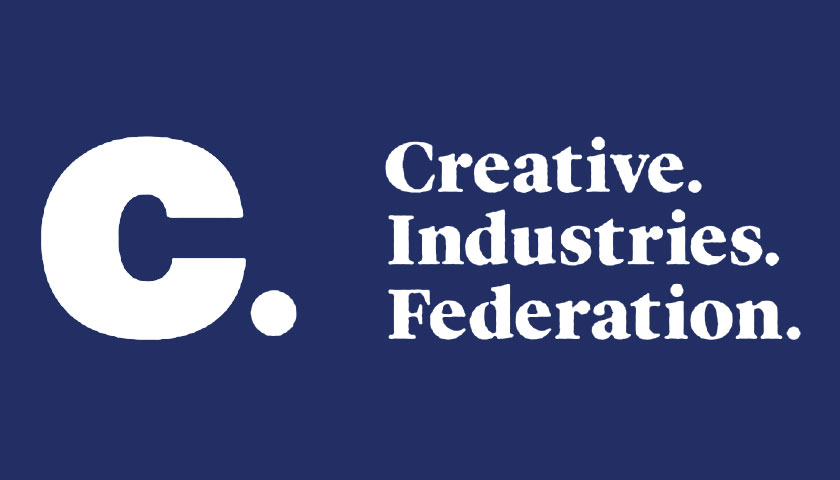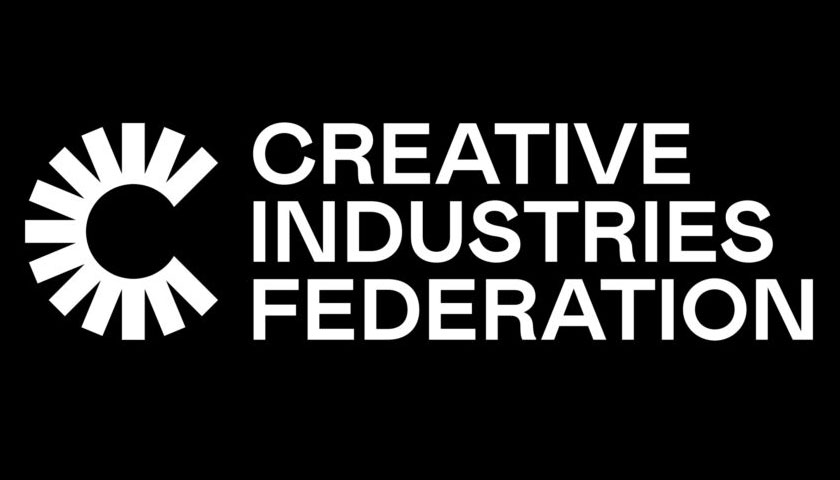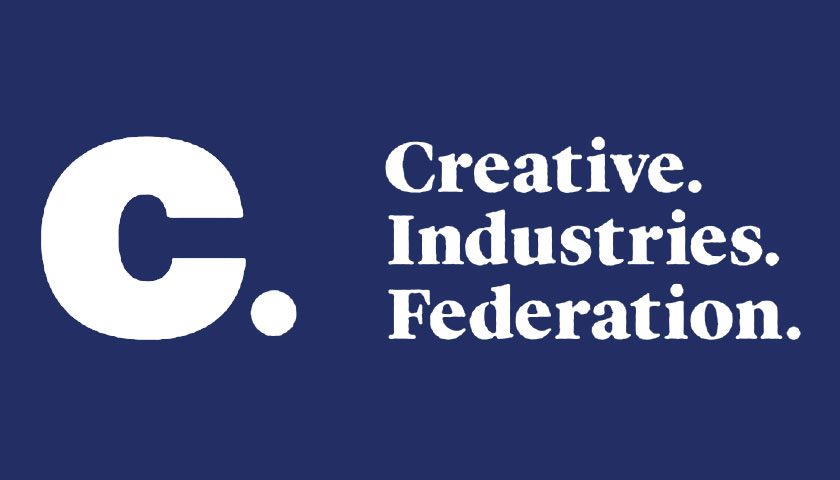Over 400 leading names from across the UK’s creative industries have today sent a letter to the Chancellor and Culture Secretary calling for urgent funding for the creative sector and the thousands of creative organisations and professionals who are falling through the gaps of existing government support measures in light of Covid-19.
The letter, from the Creative Industries Federation, warns that that government must “act, and act fast” to avoid the UK becoming “a cultural wasteland”. It has received support of signatories from across the UK’s creative sector, from leading actors, writers and musicians, to heads of some of the UK’s best-loved creative and cultural organisations, including the Royal Albert Hall, Somerset House, FIlm Birmingham, Royal Opera House, Royal Northern College of Music, Shakespeare’s Globe, Tatty Devine, Tate, Penguin Random House, the Roundhouse, Northern Ireland Screen, Scottish Ballet and Lionsgate
The letter forms part of the Creative Industries Federation’s #OurWorldWithout campaign, which celebrates the UK’s brilliant creative industries whilst drawing attention to the fact that more than 50% of creative organisations and professionals have already lost 100% of their income. Creative Industries Federation research shows that 1 in 7 creative organisations only have reserves to last until the end of April. Only half have reserves that will last beyond June.
Caroline Norbury MBE, CEO of the Creative Industries Federation, said:
“With venues, museums and cinemas closed, film shoots postponed and festivals cancelled, the UK’s world-leading creative industries are in deep trouble.
Creative organisations and professionals need cash, and they need it now. Whilst government support measures for businesses and the self-employed are welcome, we know that there are still thousands of creative organisations and freelancers who are falling through the gaps, and who simply will not get through this crisis without urgent cash support.
Creativity is an intrinsic part of the UK’s cultural identity, and one of the things that the country excels at globally. It is through harnessing this creativity that the UK will begin to build a new future. For our sanity, our culture and our very sense of who we are, it is imperative that the UK’s creative industries are supported financially through this crisis.”
Simon Callow said:
“The government needs to understand that culture is not the icing on the cake – it is the cake, which provides delight and nourishment, and defines who and what we are.”
Paloma Faith said:
“The creative arts have always been a refuge, an important voice in times of joy, pain and heartache. They unite people in their shared experiences. and make people feel less alone, punctuating our memories and articulating the feelings we don’t have the words for.’”
Rufus Wainwright said:
“Since the beginning of time, people have gathered to listen to music and stories together. Creativity is what makes us human. A virus cannot stop time.”
Neil Constable, CEO, Shakespeare’s Globe, said:
“Creative industries have never been more at risk; the closure of many arts institutions would be an irreplaceable loss, not only of culture for the UK, but also of thousands of jobs. Together, we are determined to come back after this crisis. However, the arts must be protected and we need urgent financial support to survive in any recognisable form. When we emerge from this time, the world inevitably will look very different but expression of the human soul and experience through the arts will be needed as never before.”
Stephen Hough, Pianist, Composer, Writer, said:
“The arts do not just provide delight and diversion (already lifesavers, as we’ve seen acutely during the past weeks) but they remind us of, and redirect us to, the very heart of what it means to be a flourishing human being. At the earliest point of recorded history we sang before we spoke, and the arts remain essential oxygen for our souls.”
Sarah Weir OBE, CEO, Design Council, said:
“We have huge imagination and talent in this country, which is admired, copied and sought after around the world. Our creative workforce enhances and enriches lives, brings us together and leaves a lasting impression on society. But since lockdown the UK’s creative sector has all but disappeared. Its very absence shows just how strong the sector was and how vital it is to protect it. With concerted action from government right now, we can rally our wealth of SMEs, start-ups, freelancers and others to explore, design and develop a post-COVID future. And this investment now will be repaid many times over, as we emerge from the crisis as a stronger, more vibrant and better connected nation.”
Alan Vallance, CEO, Royal Institute of British Architects, said:
“The value of the UK creative industries expands far beyond their huge contribution to the economy. Their work supports our wellbeing, which is now more important than ever.”
Patrick McCrae, Co-Founder and CEO, ARTIQ, said:
“Culture is a necessity, not a discretionary spend. Between our Gross Value Add of £111.7bn, positive impact on mental health and engaging the population, giving great purpose to life, culture is an absolutely vital part of society and the economy. We are currently at risk of losing this vitality. According to our research, at the beginning of April, fewer than half of artists surveyed had cash reserves to last more than two months. A sector-specific fund to help support the work of the Creative Industries will go a long way in ensuring the sustainable future of our creative economy.”



